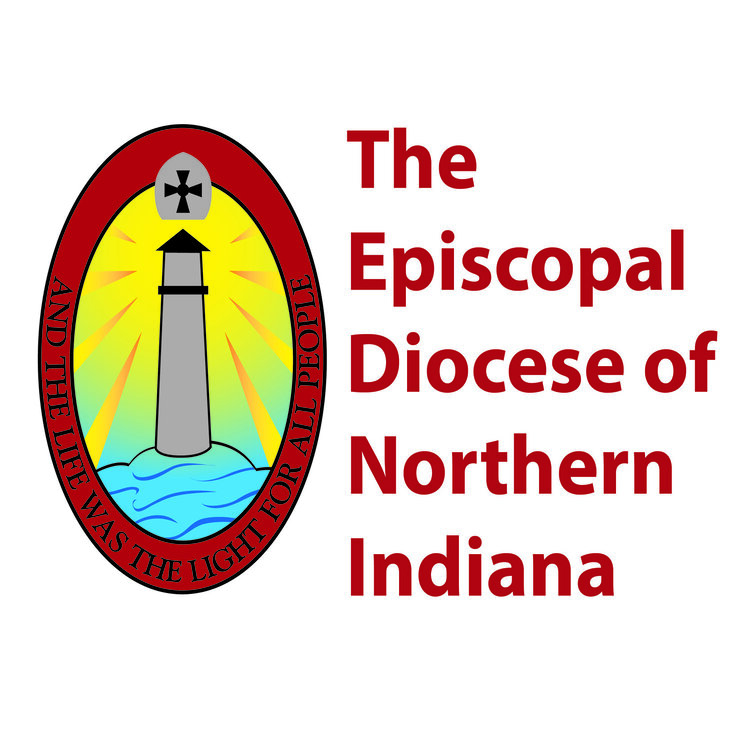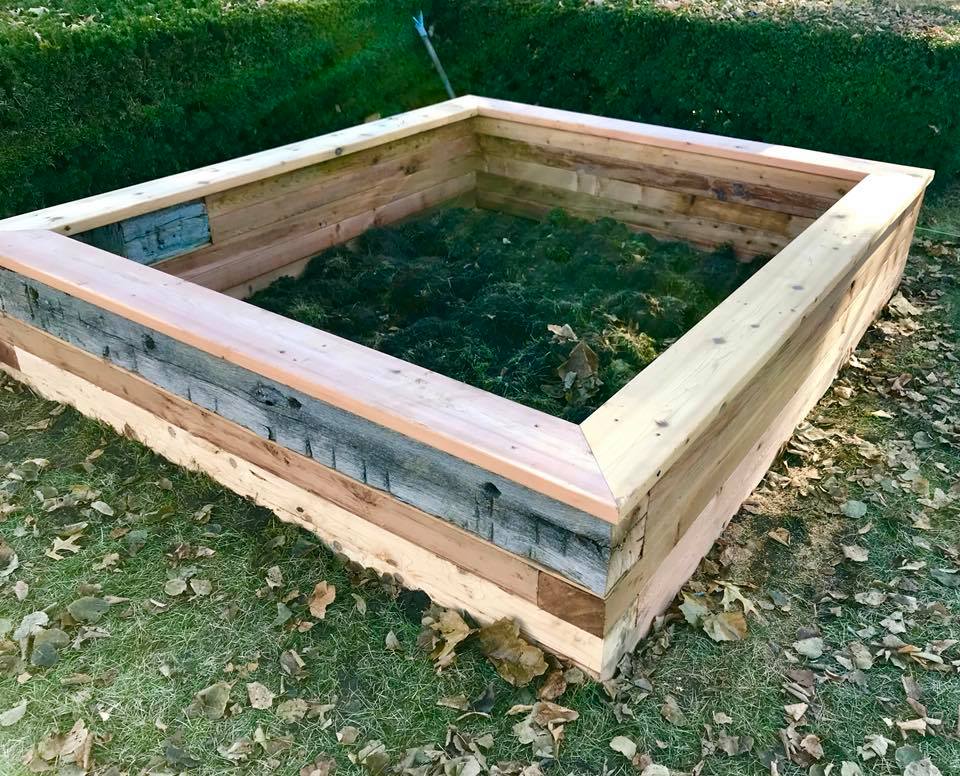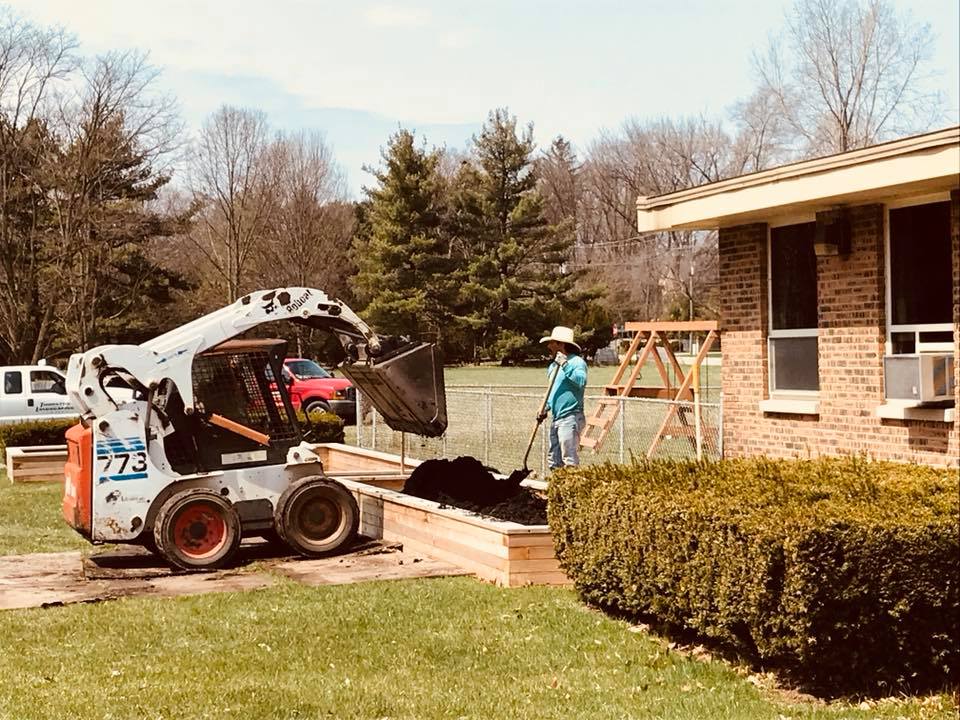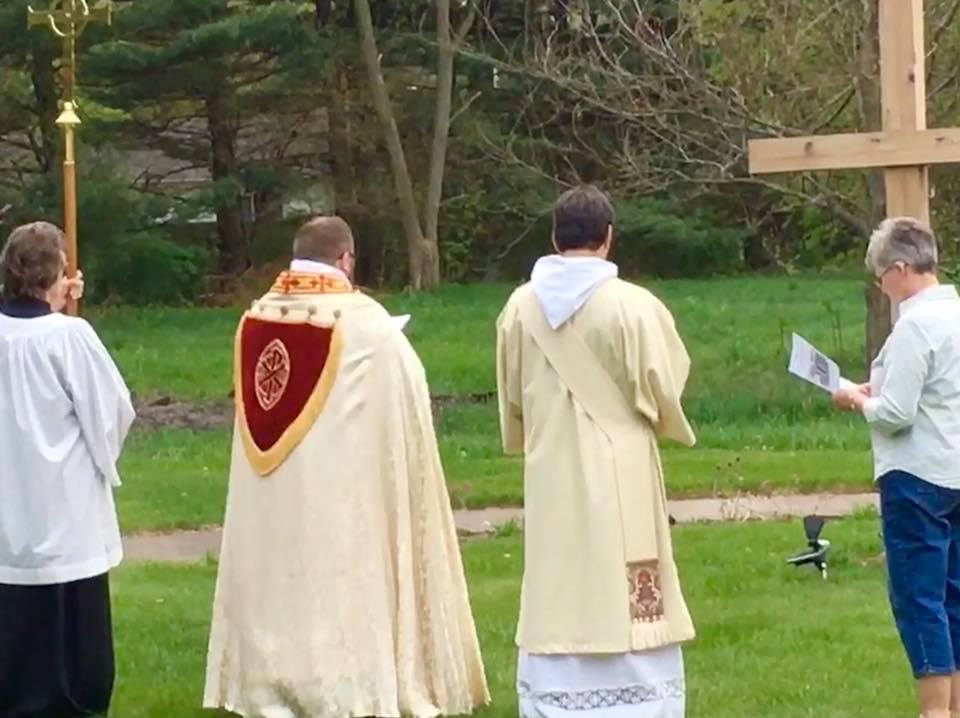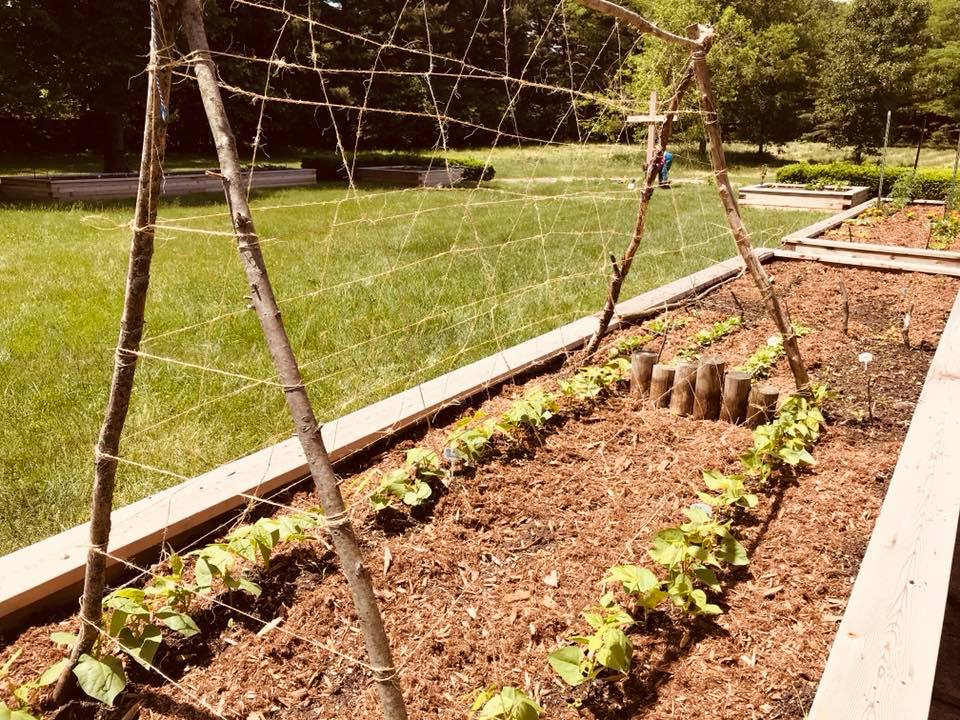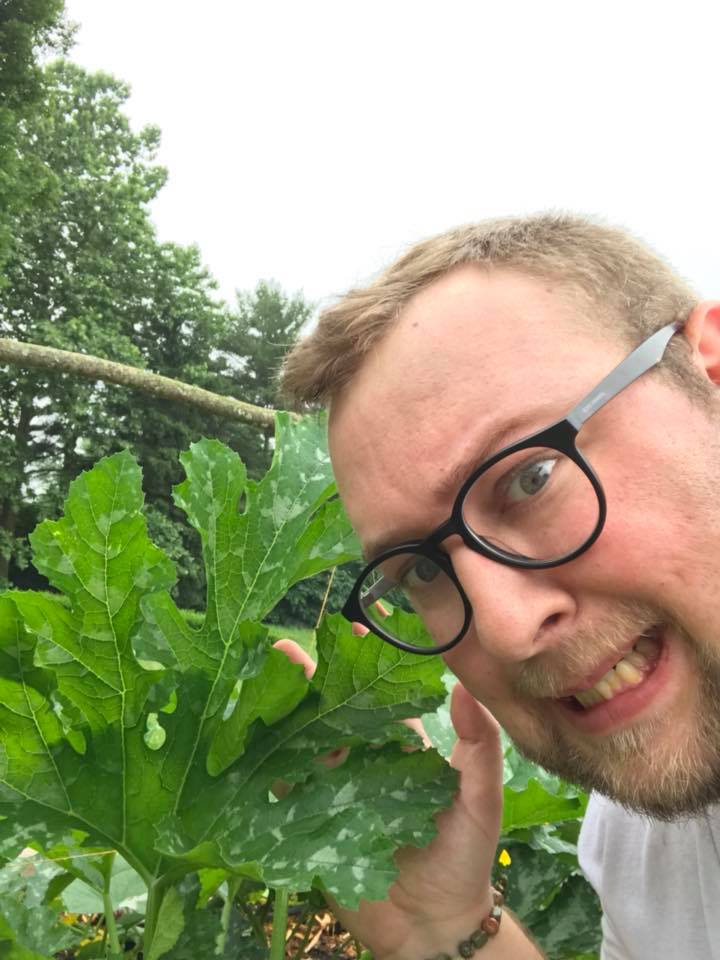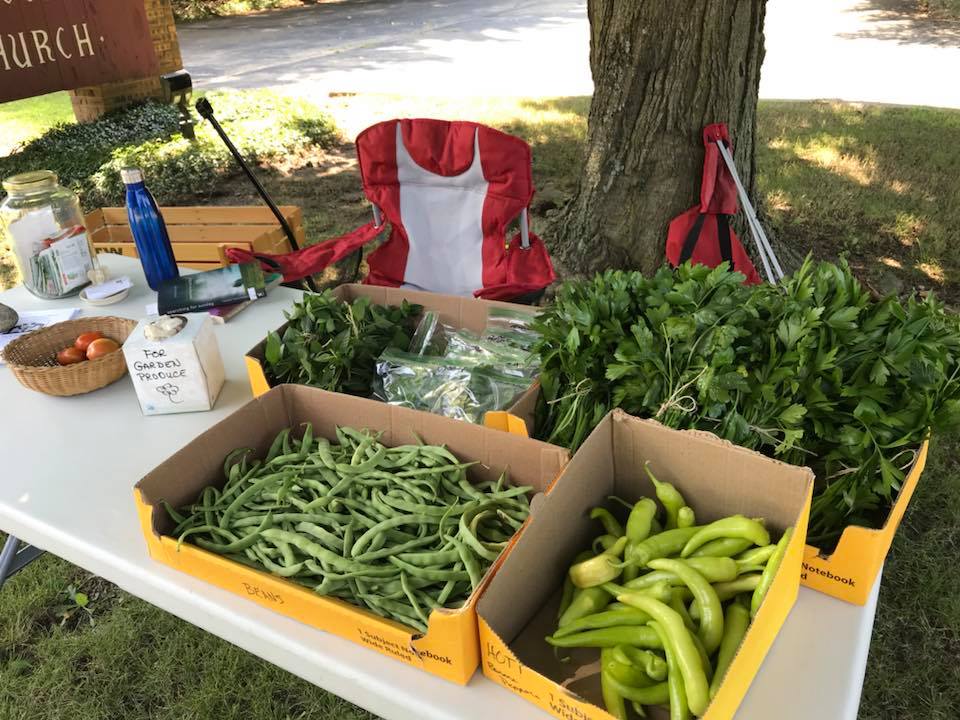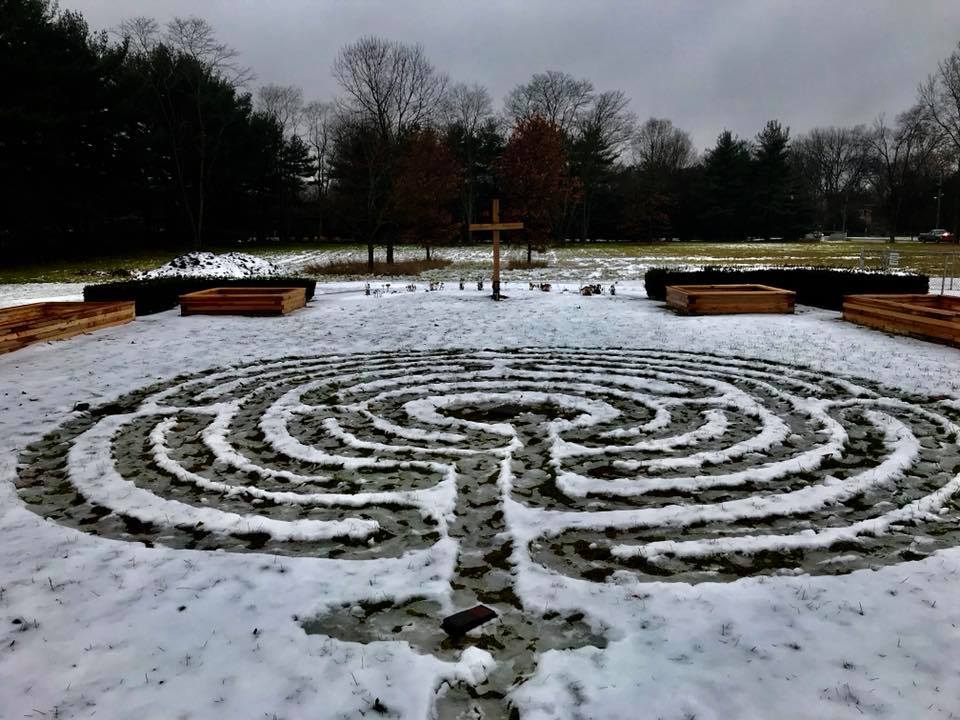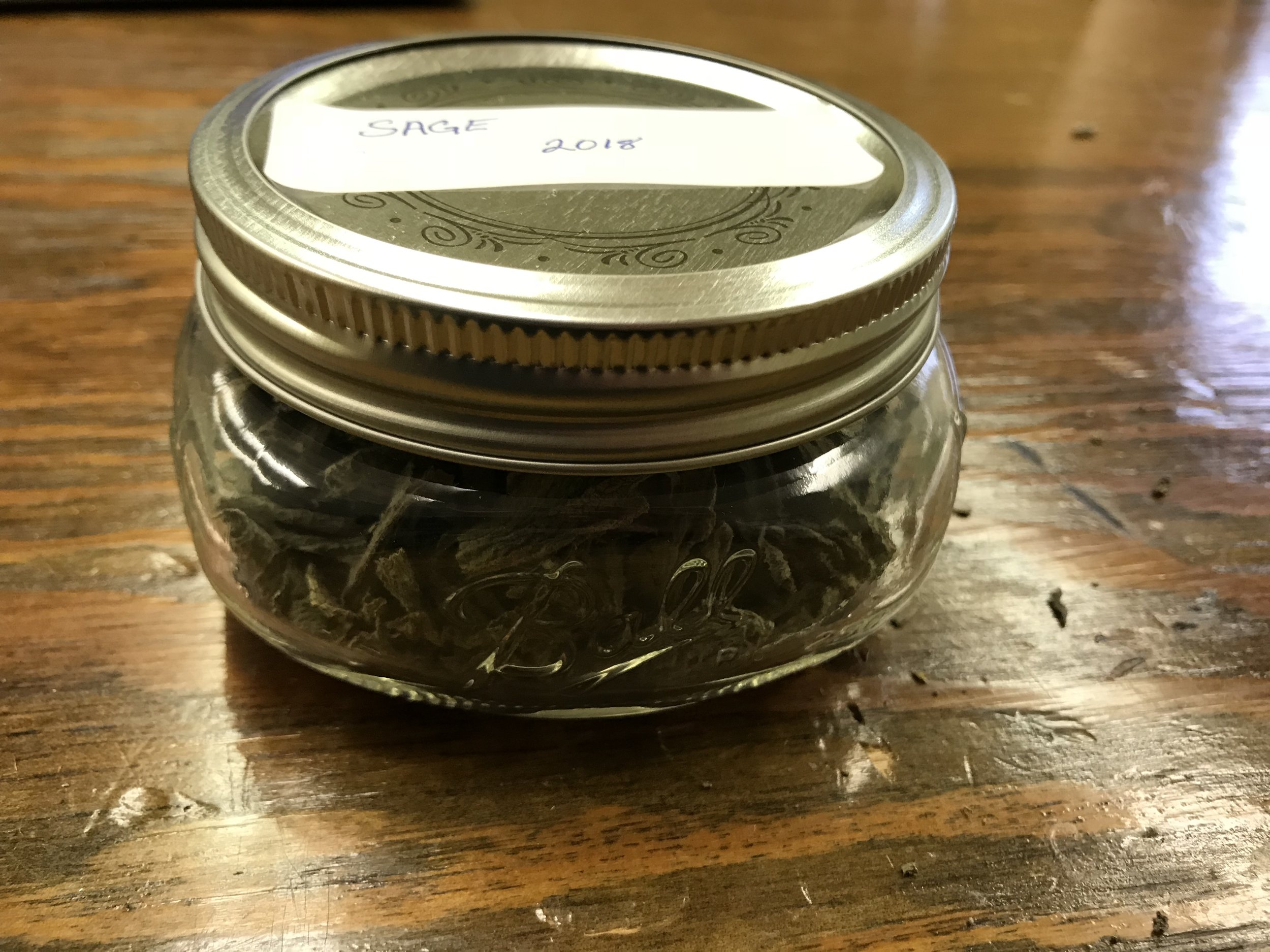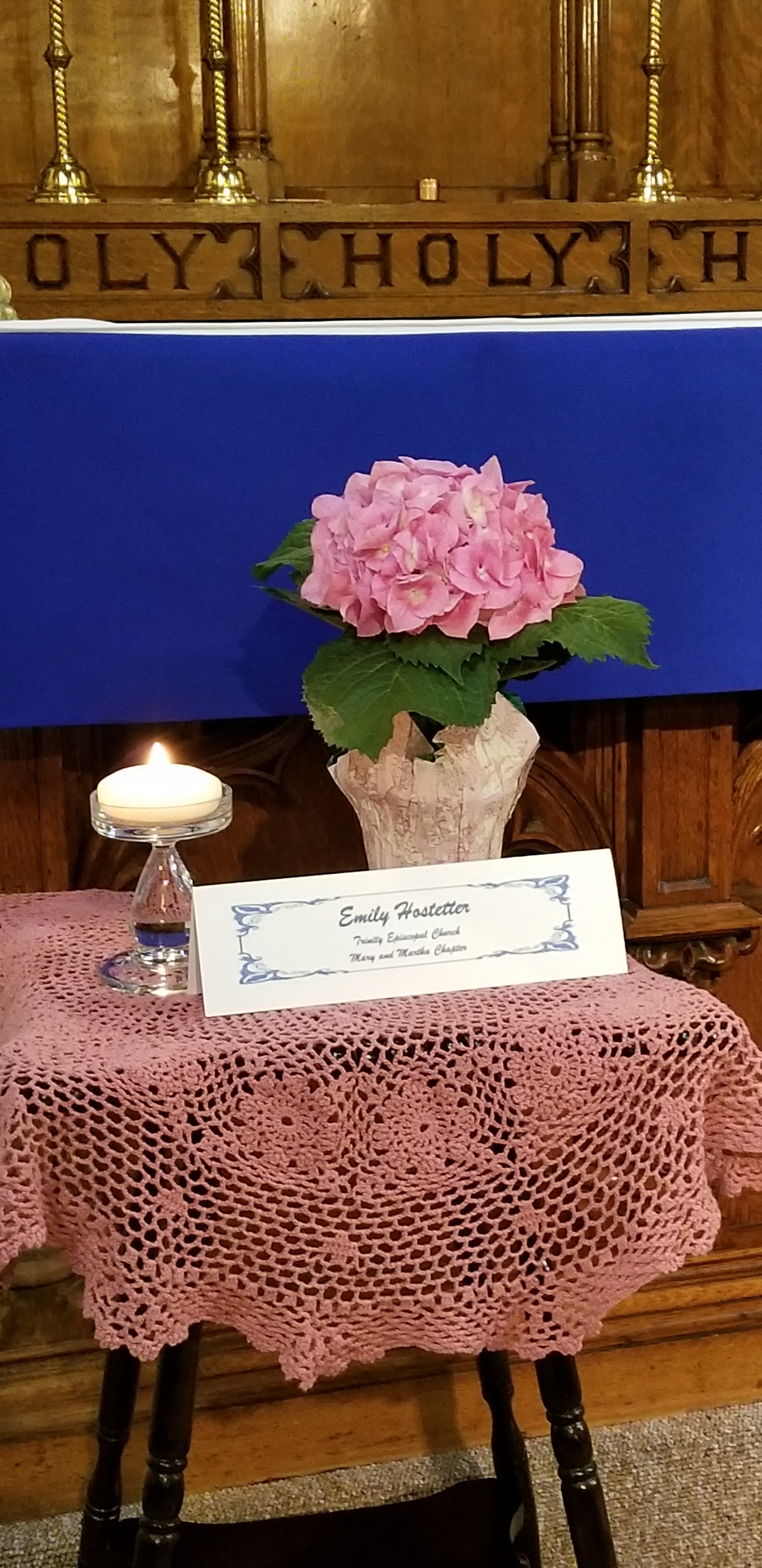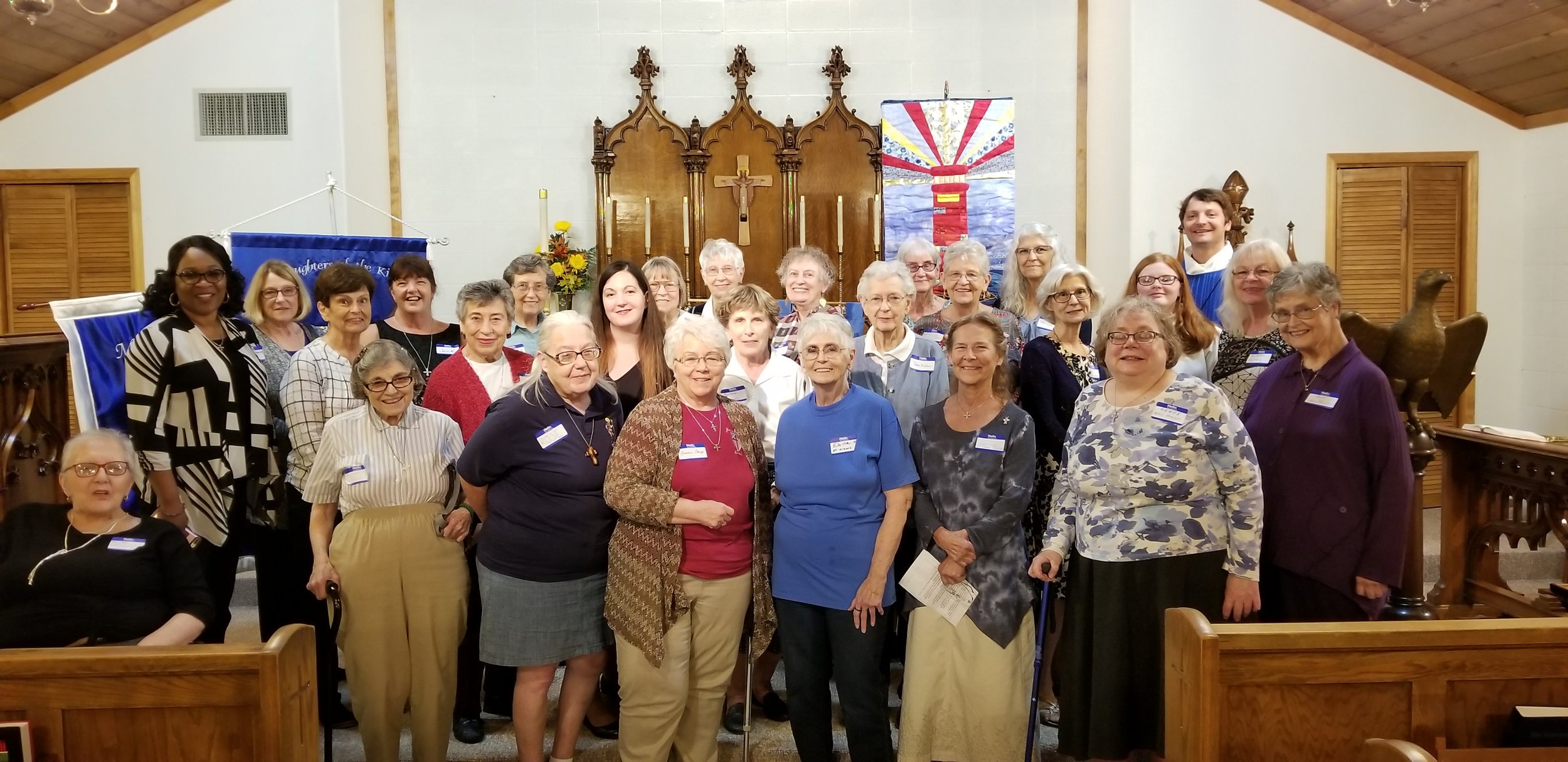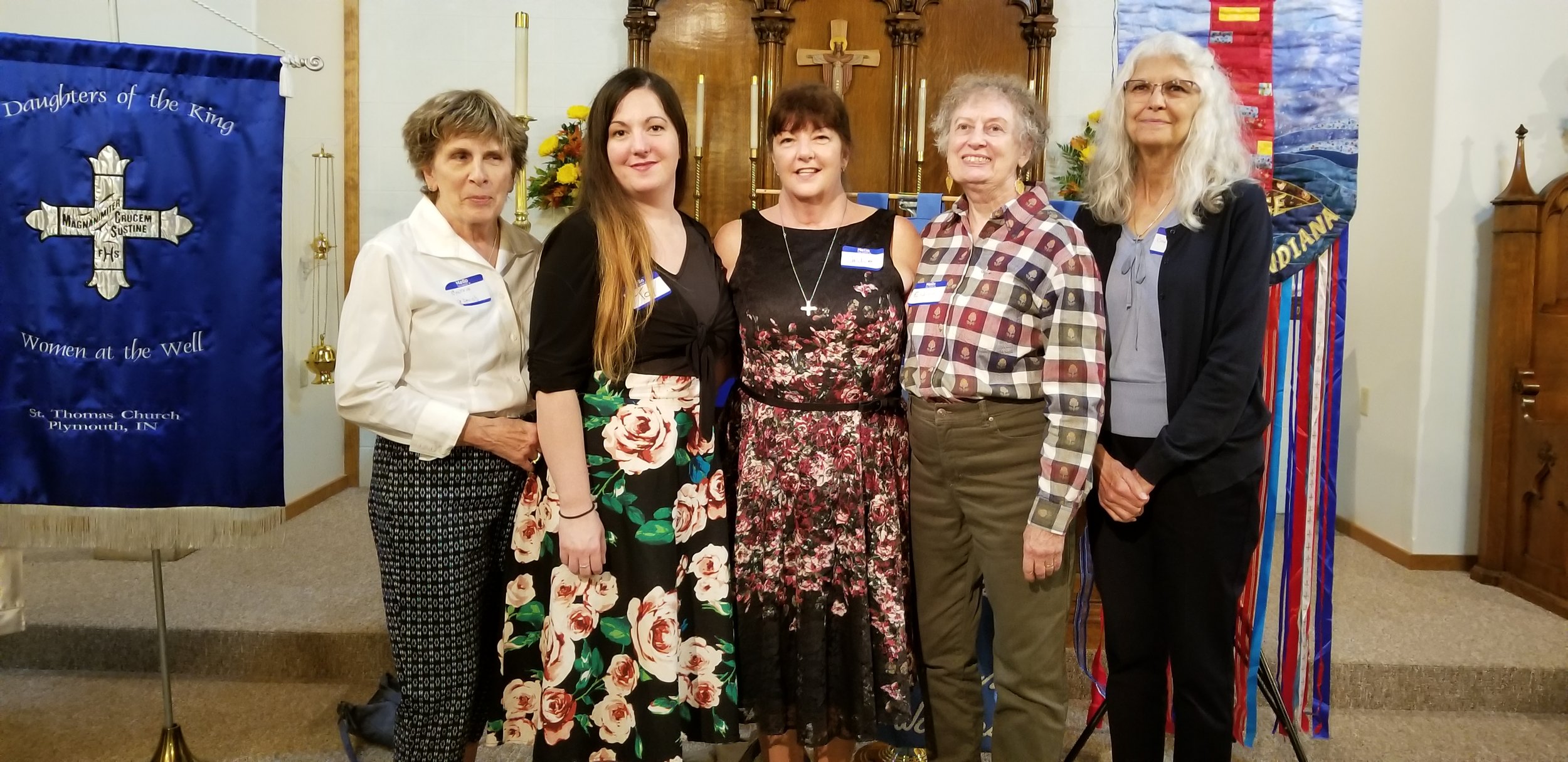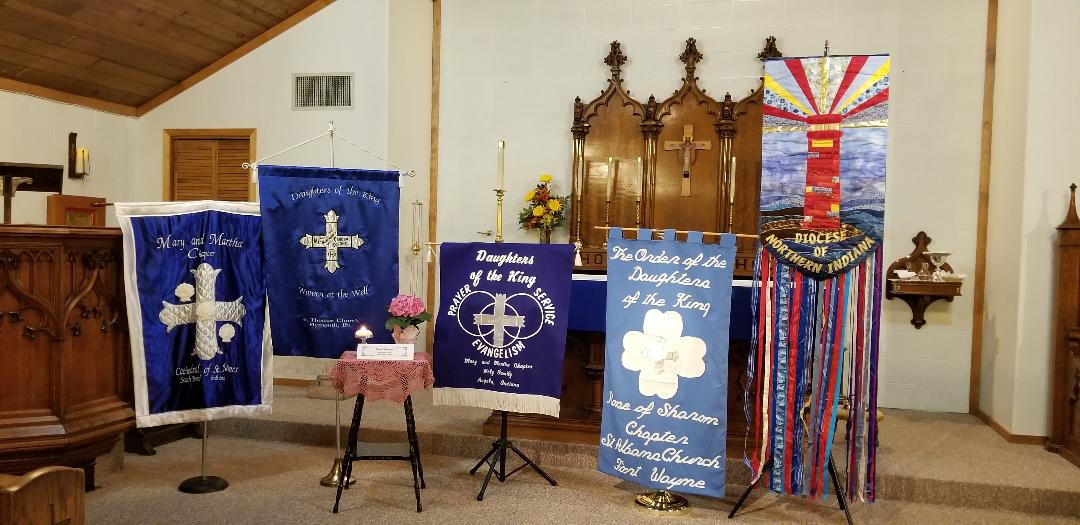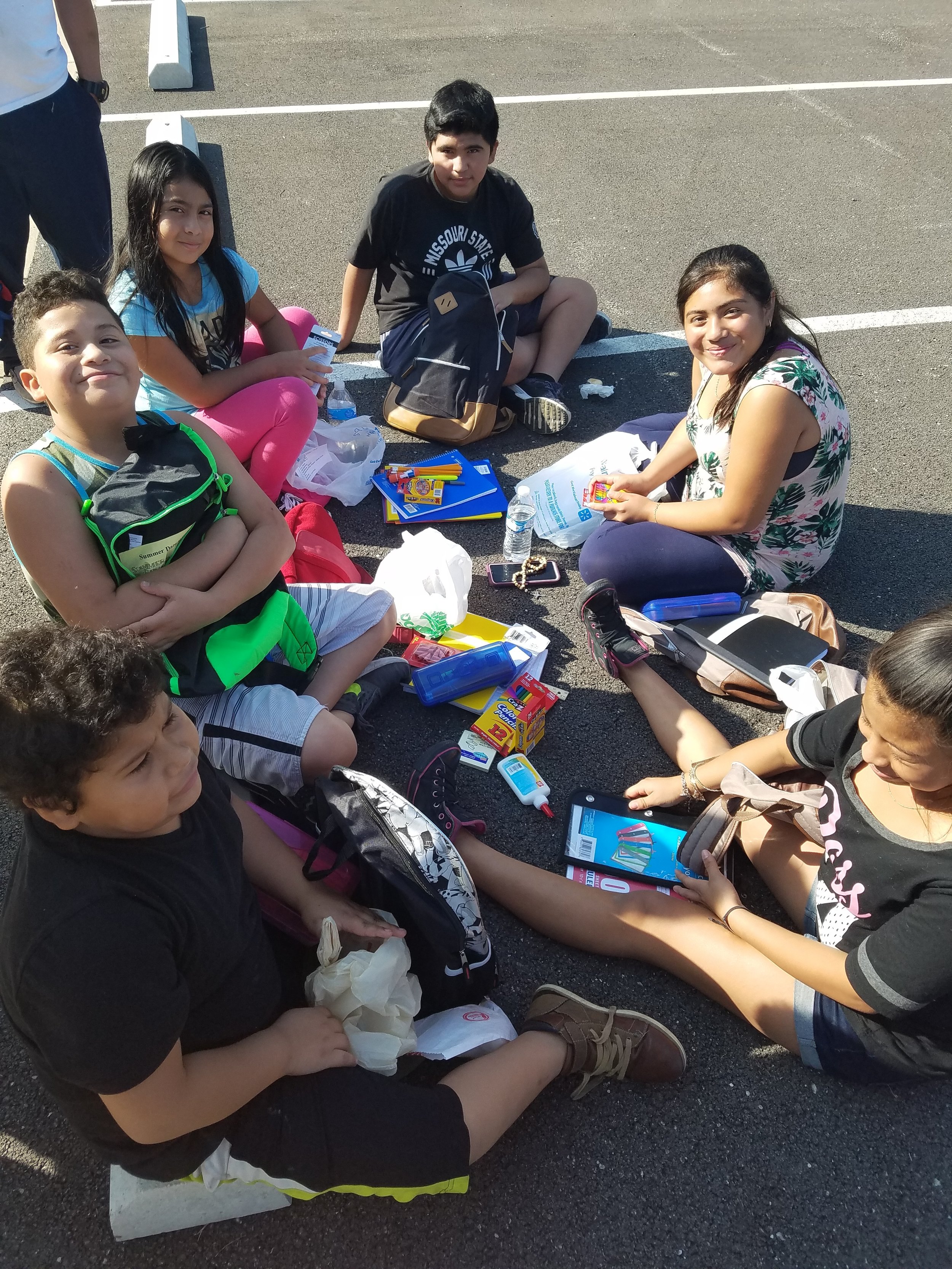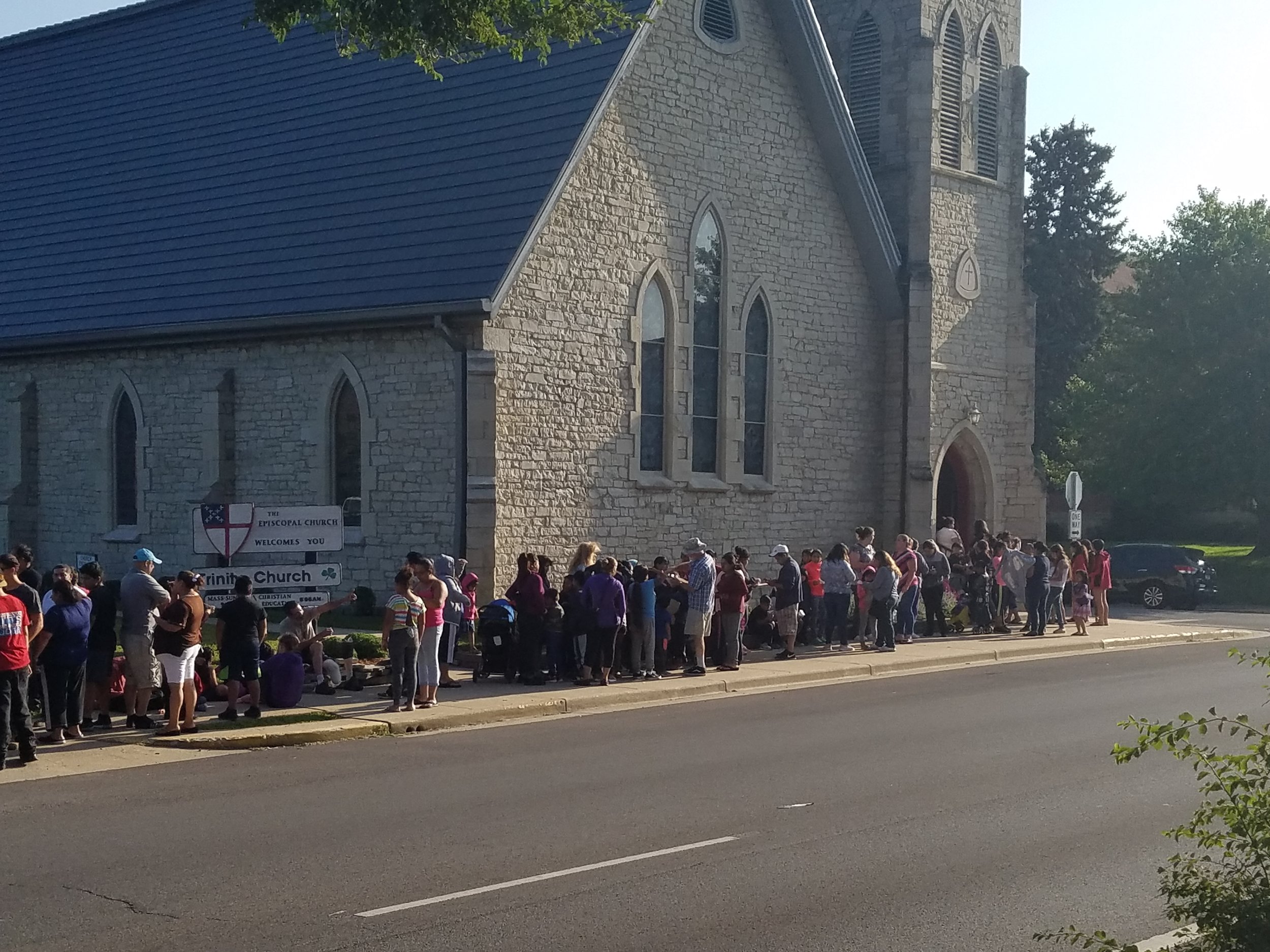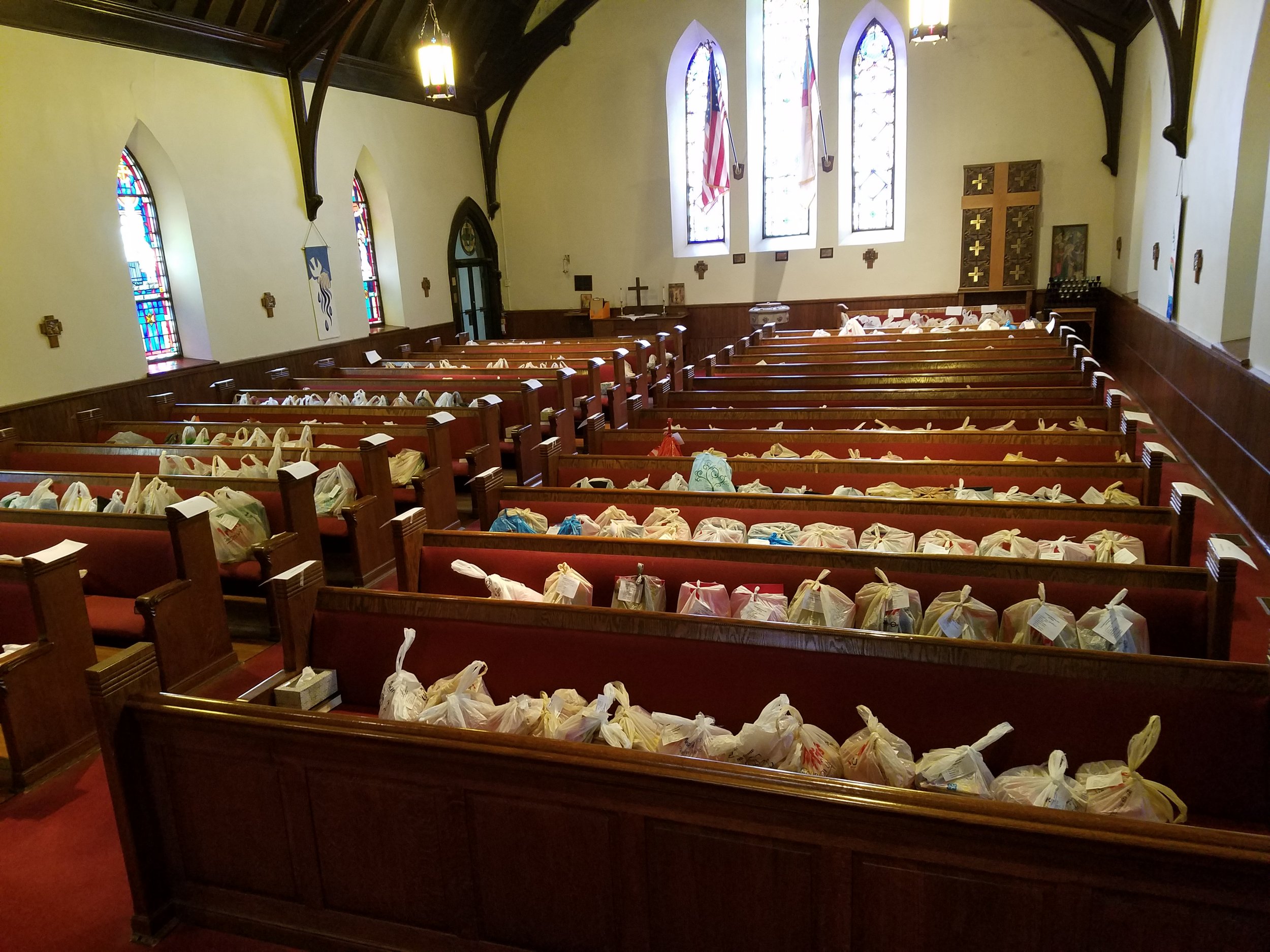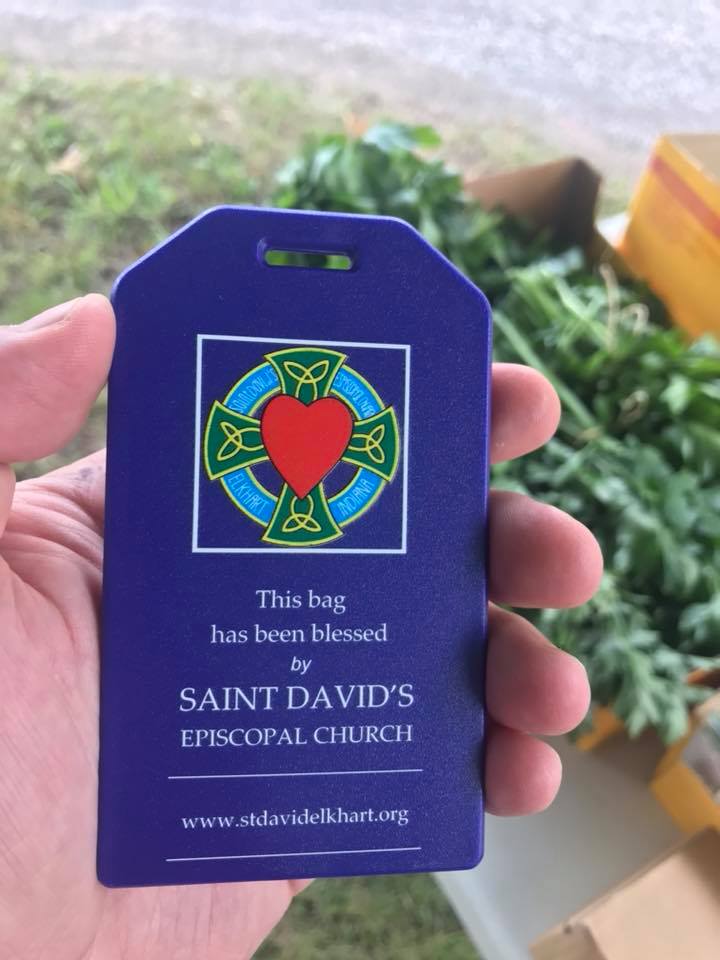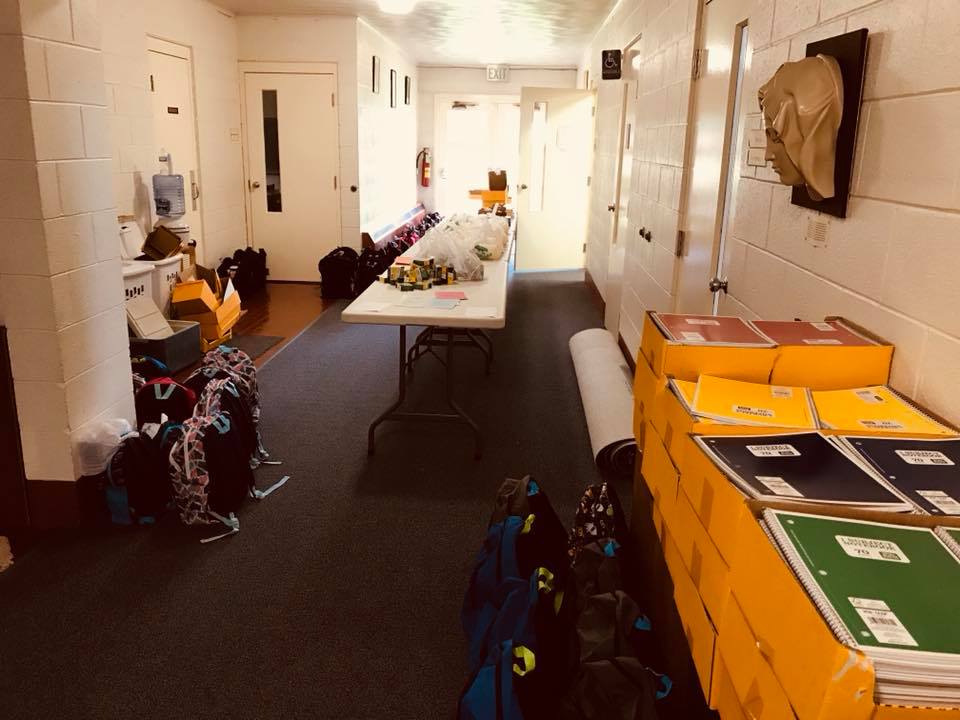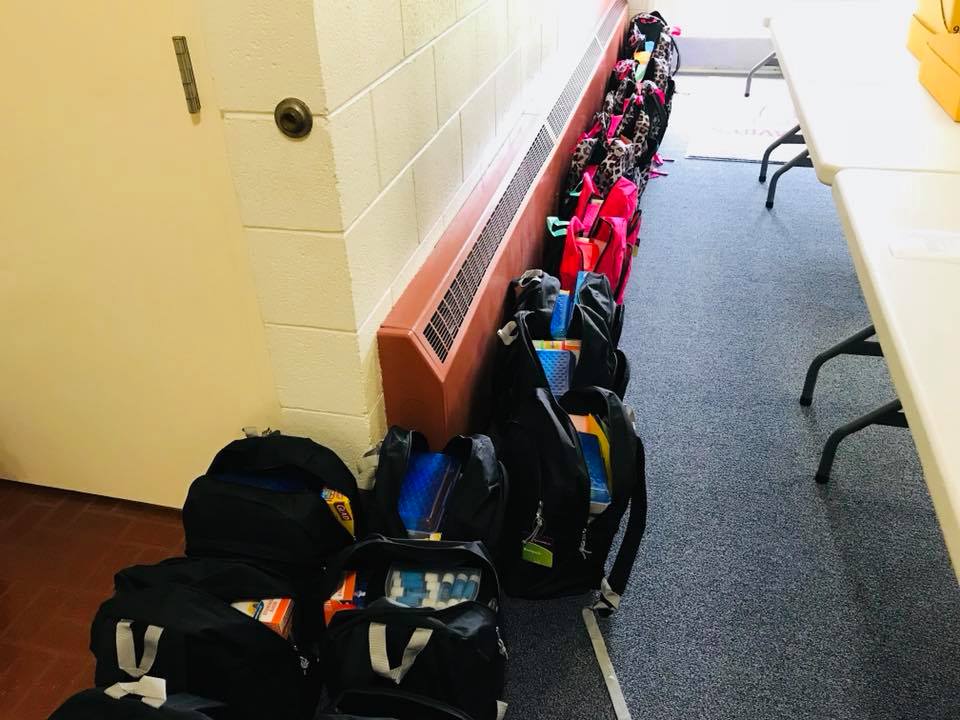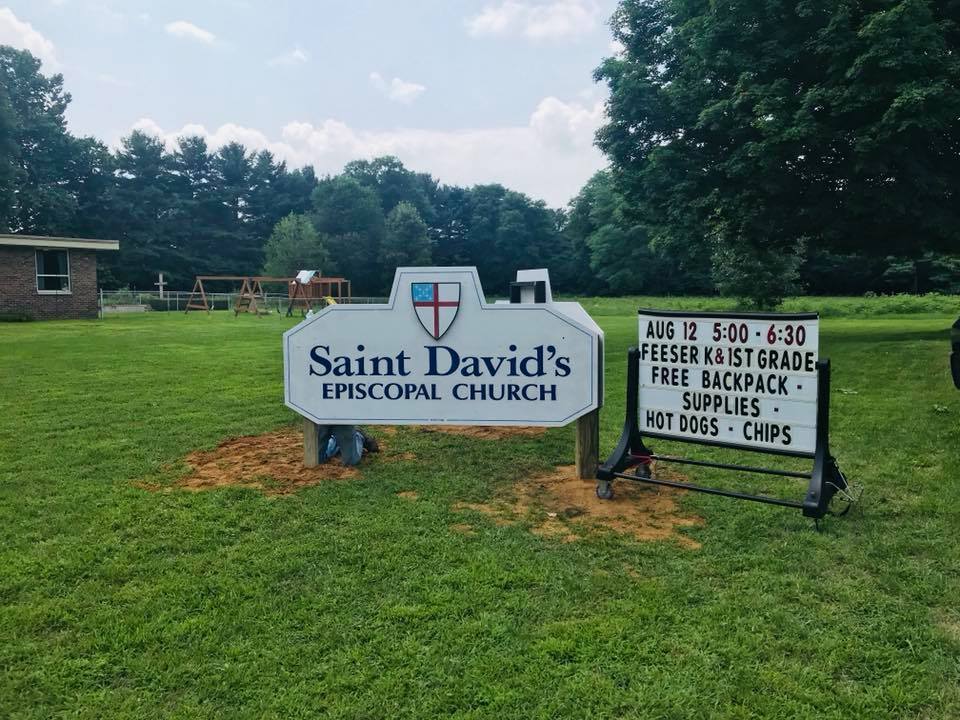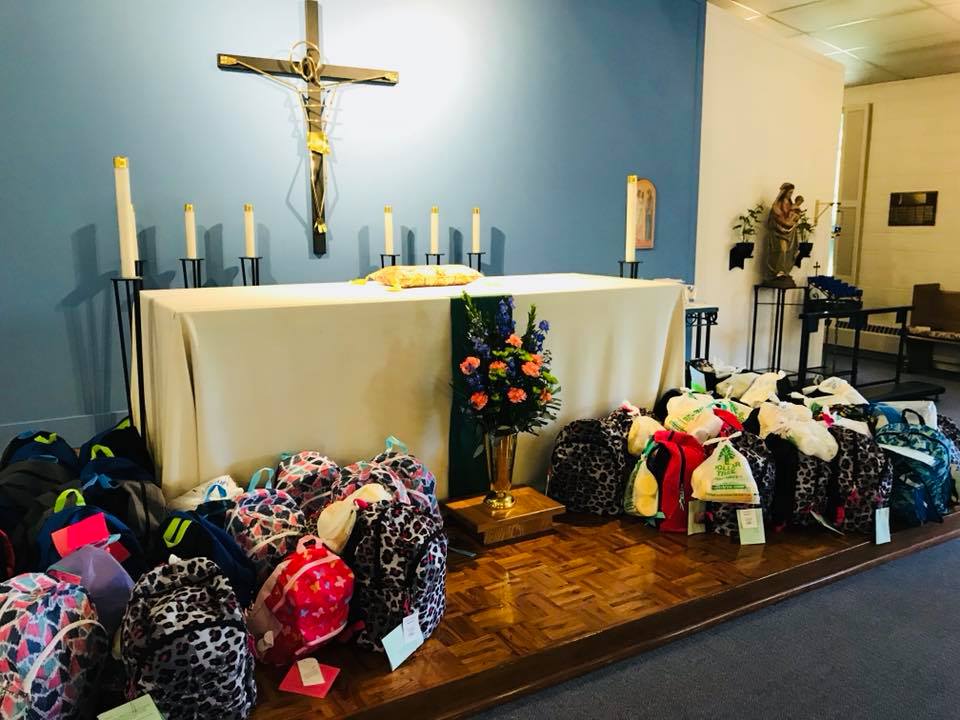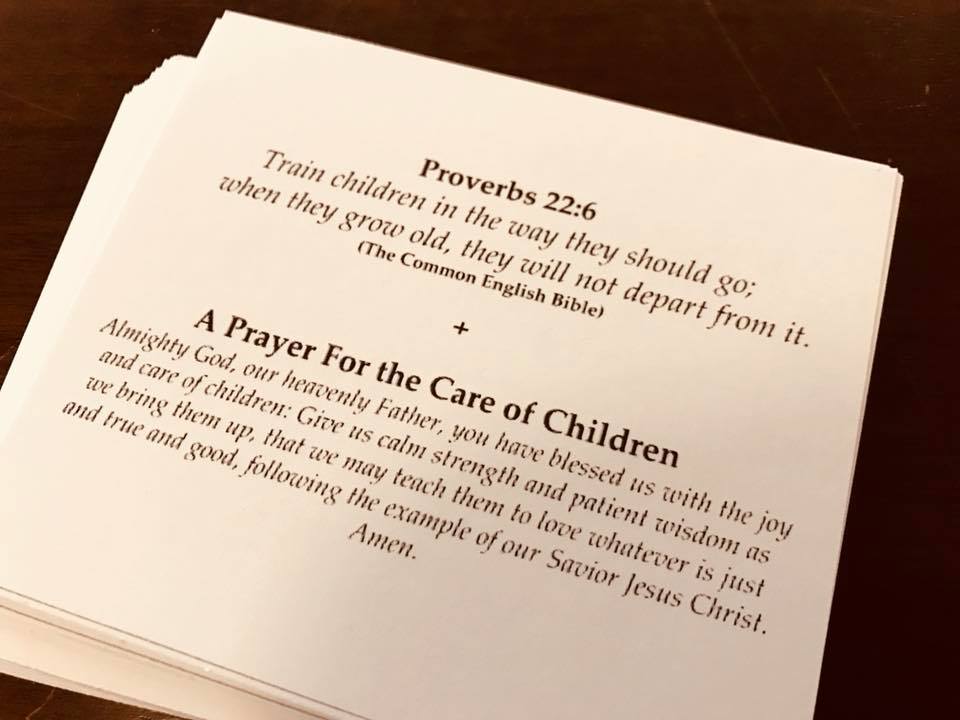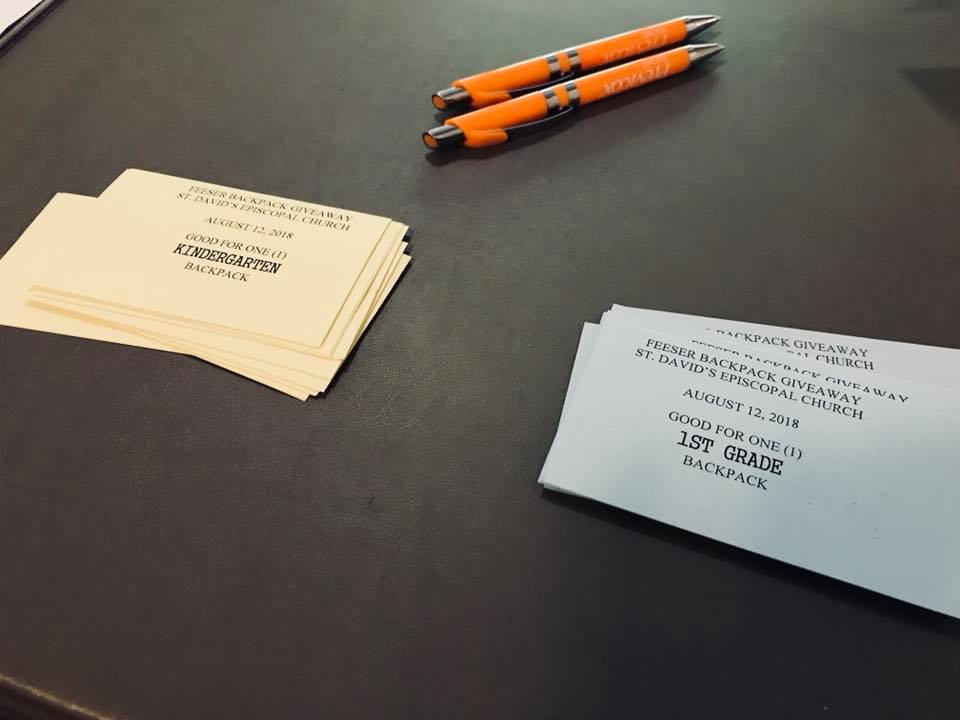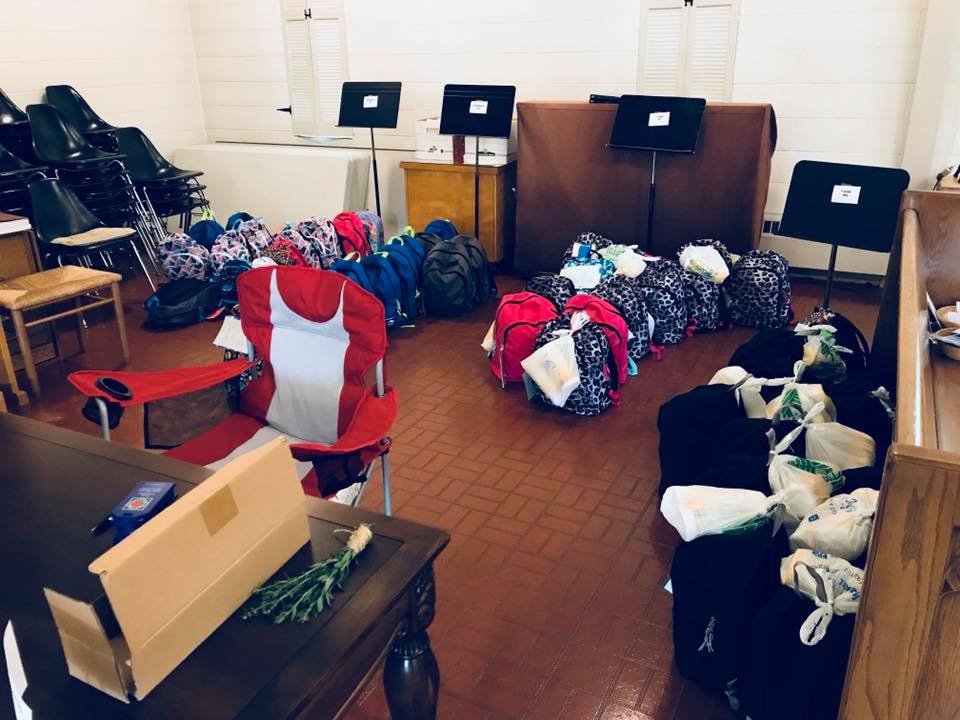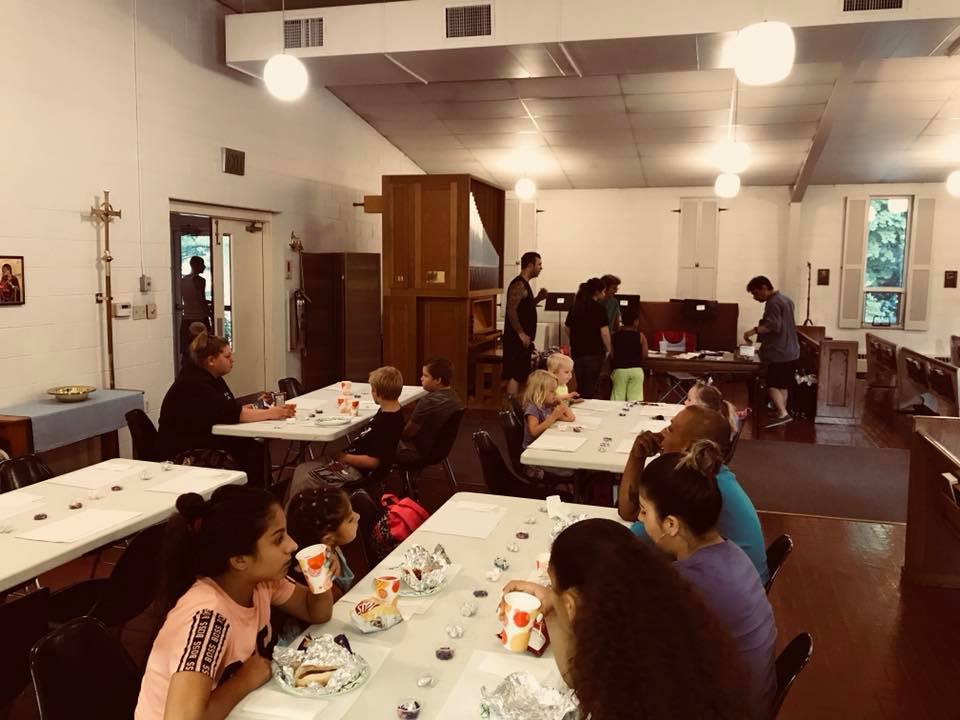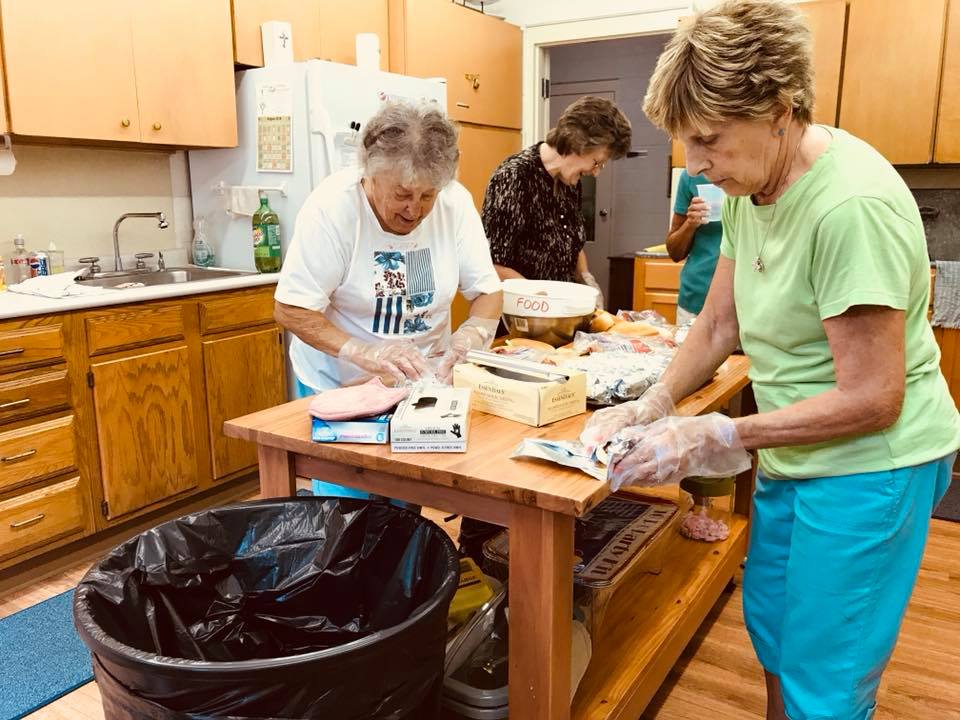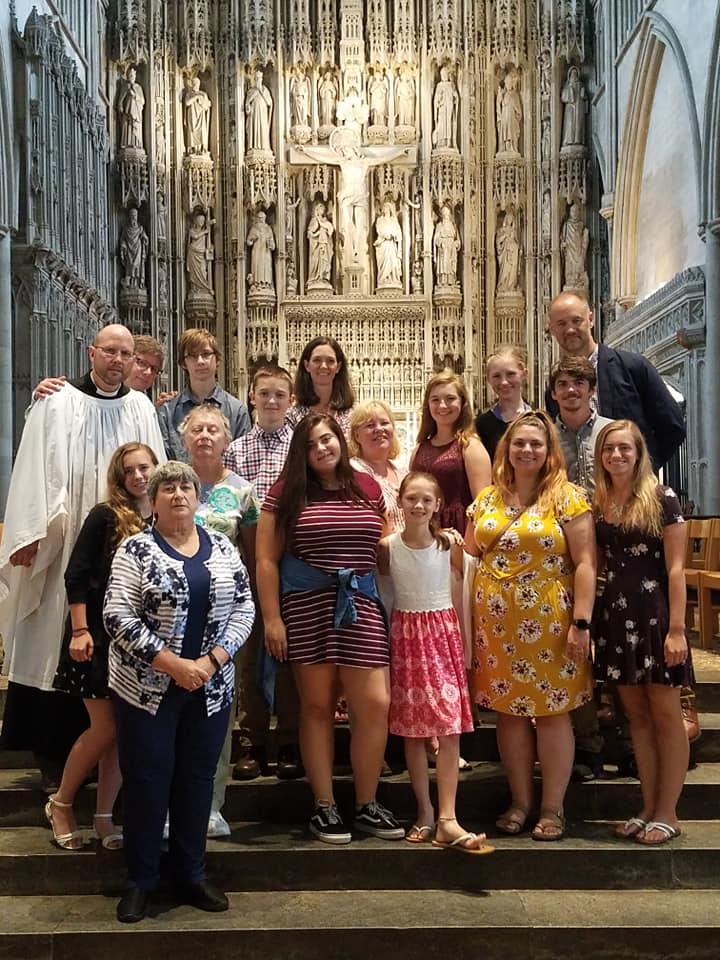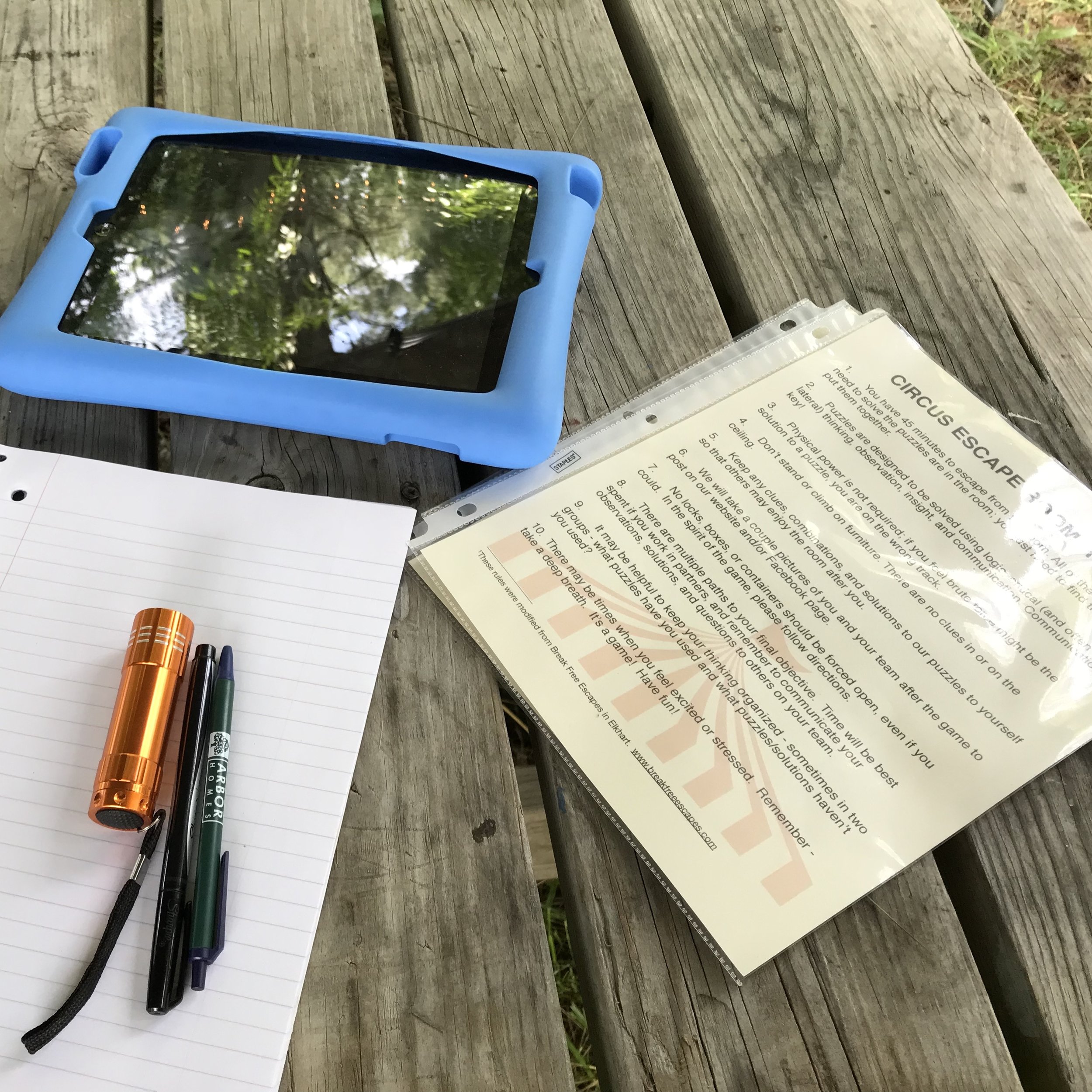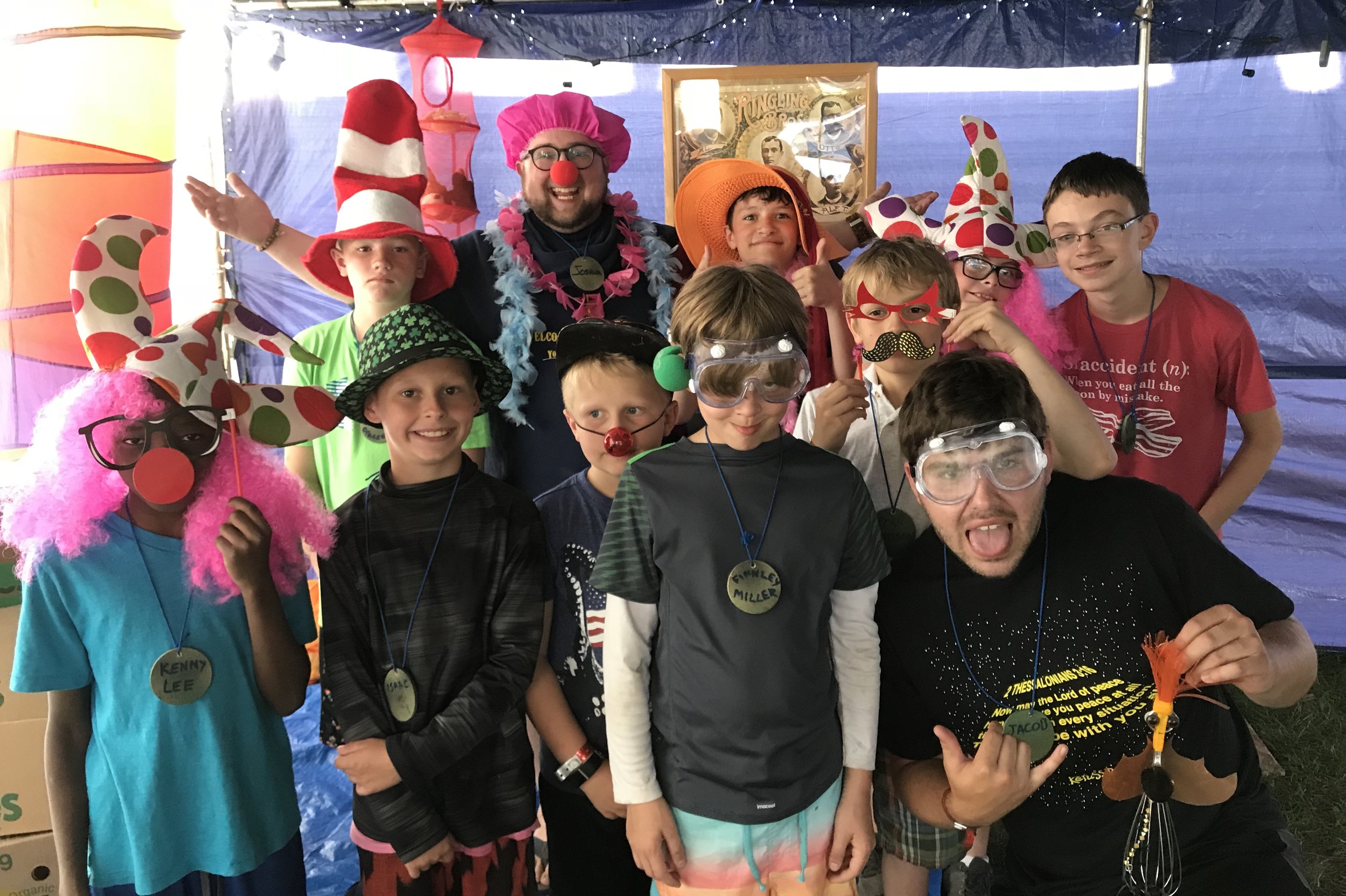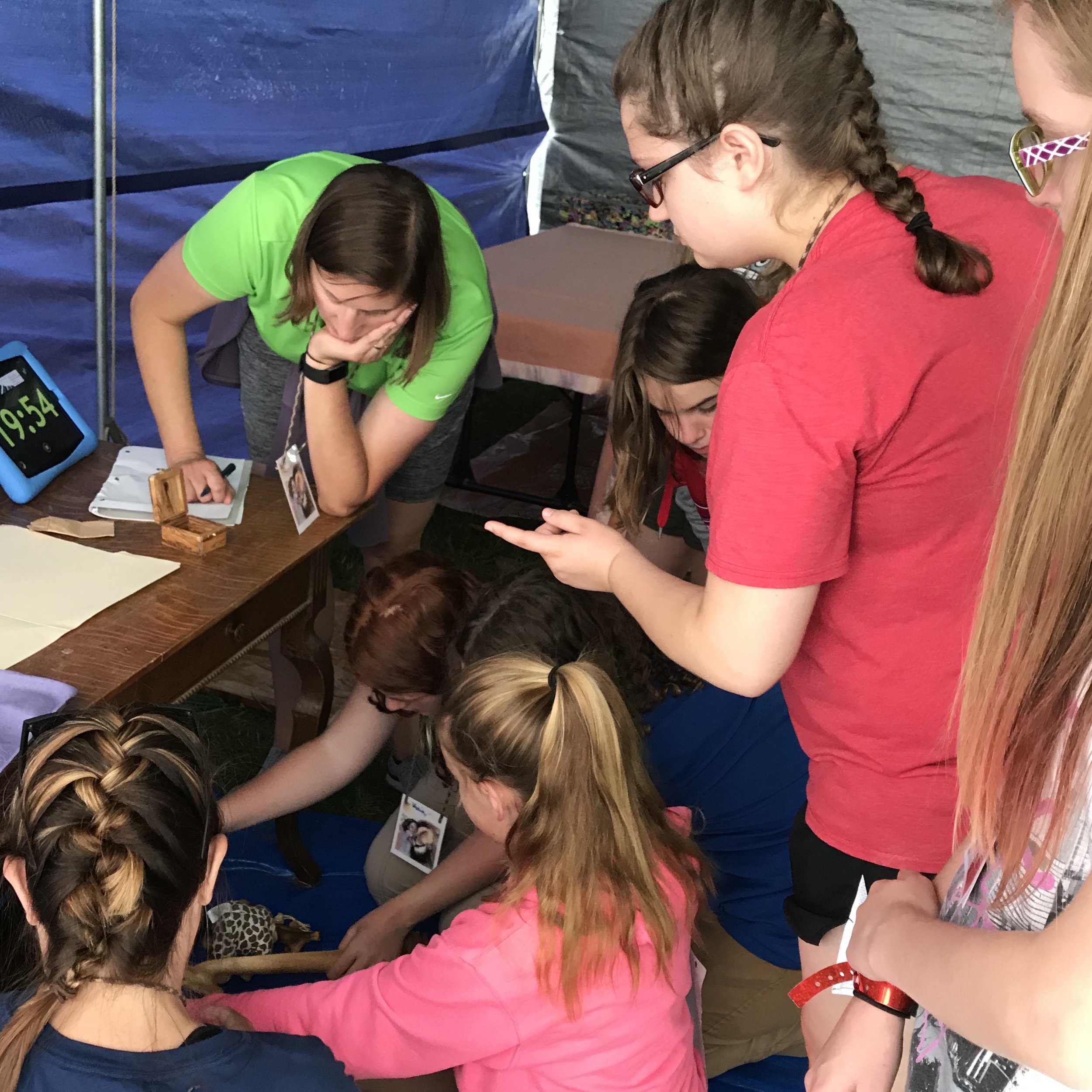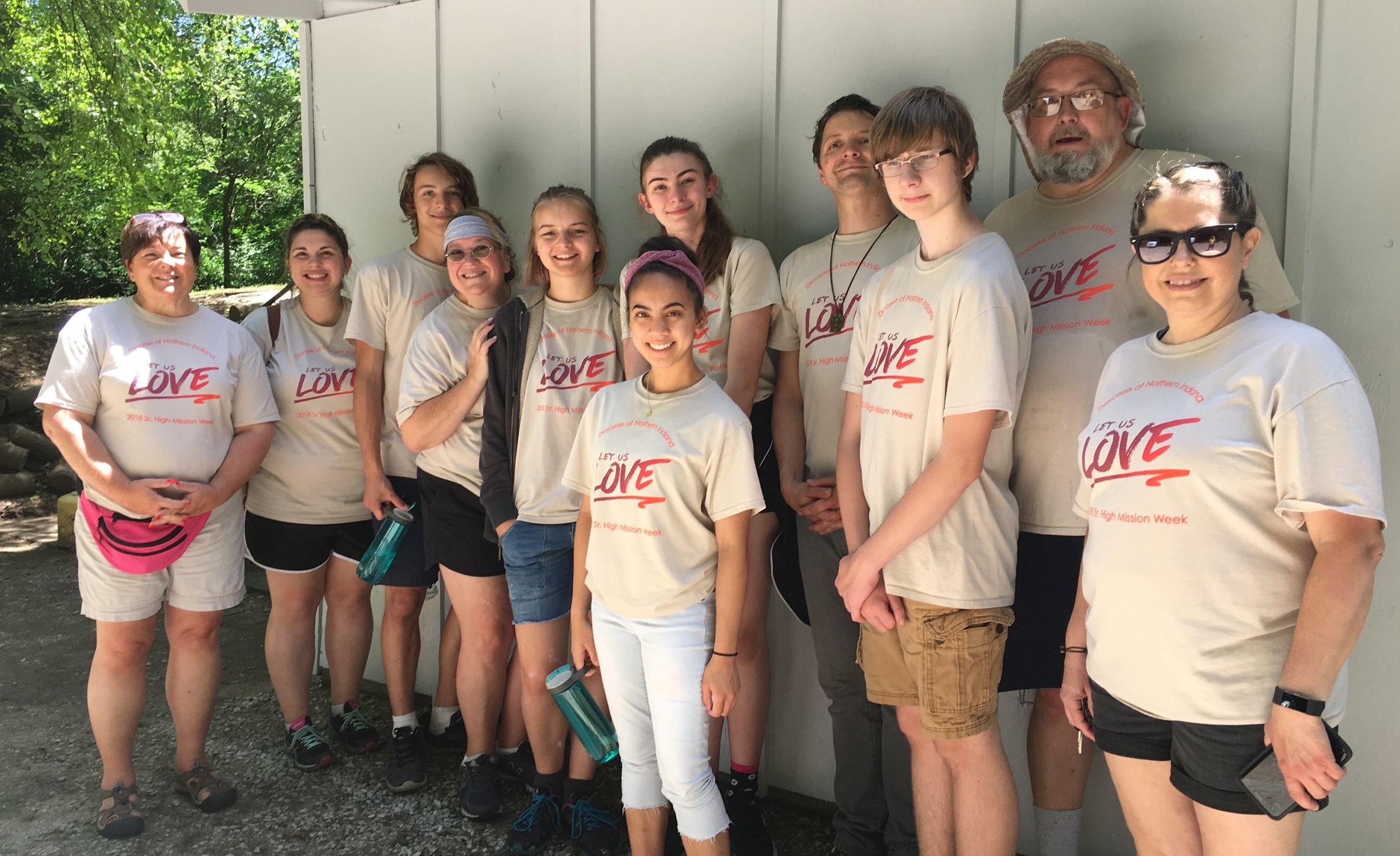Gethsemane is a small but vital congregation. We are located between two small Christian liberal arts colleges and as such, have attracted a number of students and faculty who are unsatisfied with conservative Christian responses to social justice issues. Our priest, Father Warnock, has been involved in reconciliation ministries for over fifteen years and in 2016, our church officially became a member of the Community of the Cross of Nails. Over the years, we have held worthwhile reconciliation events, involving deep conversations on issues of the role of women, human sexuality, poverty and white privilege.
But the reality remains: years ago, when we reached out to a leading Black pastor to see if we could work together on issues of racial reconciliation, we were kindly but firmly told that he did not know if he could trust us. We understand that the lack of trust of the privileged by the oppressed is a realistic response.
Over the years, we have made intentional steps to become a reflective community on issues of race. We have had several book studies and discussion groups, looking at aspects of discrimination. We partnered with a local Black church to have shared monthly dinners to try to build relationships. We intermittently have supported rallies against racism. Two years ago, we did a day-long seminar, focusing on issues of white privilege, which was attended primarily by college students and members of our congregation. Our rector has consistently used the pulpit to address issues of racism head on. These have all been productive activities.
And yet, as we know that racism in the U.S. and in Marion is systemic and not just an issue that can be addressed through personal reflection and change, we have been stymied on how to go more deeply into these issues. (It should be noted that individual members have been deeply involved in political efforts over the past several years.)
During the past few months, two events have given us a chance to “walk the walk and not just talk the talk”. In April, a young Black man, who is acknowledged to have mental health problems, was arrested in Marion. He was, in fact, only partially clothed and did have outstanding warrants. However, he was videotaped being held down by five white officers, hit, and apparently not handled humanely. When his family and the Black Ministerial Association met with city officials, they were told only that investigations were ongoing, no details to be discussed. Our priest attended the first meeting with city officials and, as the only white clergy member present, was invited to participate in further meetings and negotiations. At this point, some mediation has been accomplished, though the outcomes are still not entirely clear for the community. Through standing with the Black community in this situation, our church was able to play some small role in the process of systemic change that may eventually lead to reconciliation through trust-building.
A few weeks later, the white president of our school board “liked” a racist meme on Facebook. When confronted, she apologized and some members of the white community were quick to say we should, as Christians, just forgive her mistake. Further research on her Facebook page, however, verified that she had a pattern of supporting anti-immigrant, anti-Muslim and racist posts. Again leaders of the Black community asked for her resignation. They were told that they were the only ones who had complained and that the problem had been resolved. However, as an elected official and still active member of the school board, we at Gethsemane again felt that action needed to be taken to support Christian values of equity. So at the ensuing public school board meeting, we were able to bring out a sizable number of members of our congregation to stand with the Black community. The member in question did soon resign and we are hopeful that this event gives Marion the prodding it needs to look more deeply at how these issues impact the lives of families and children in our community.
